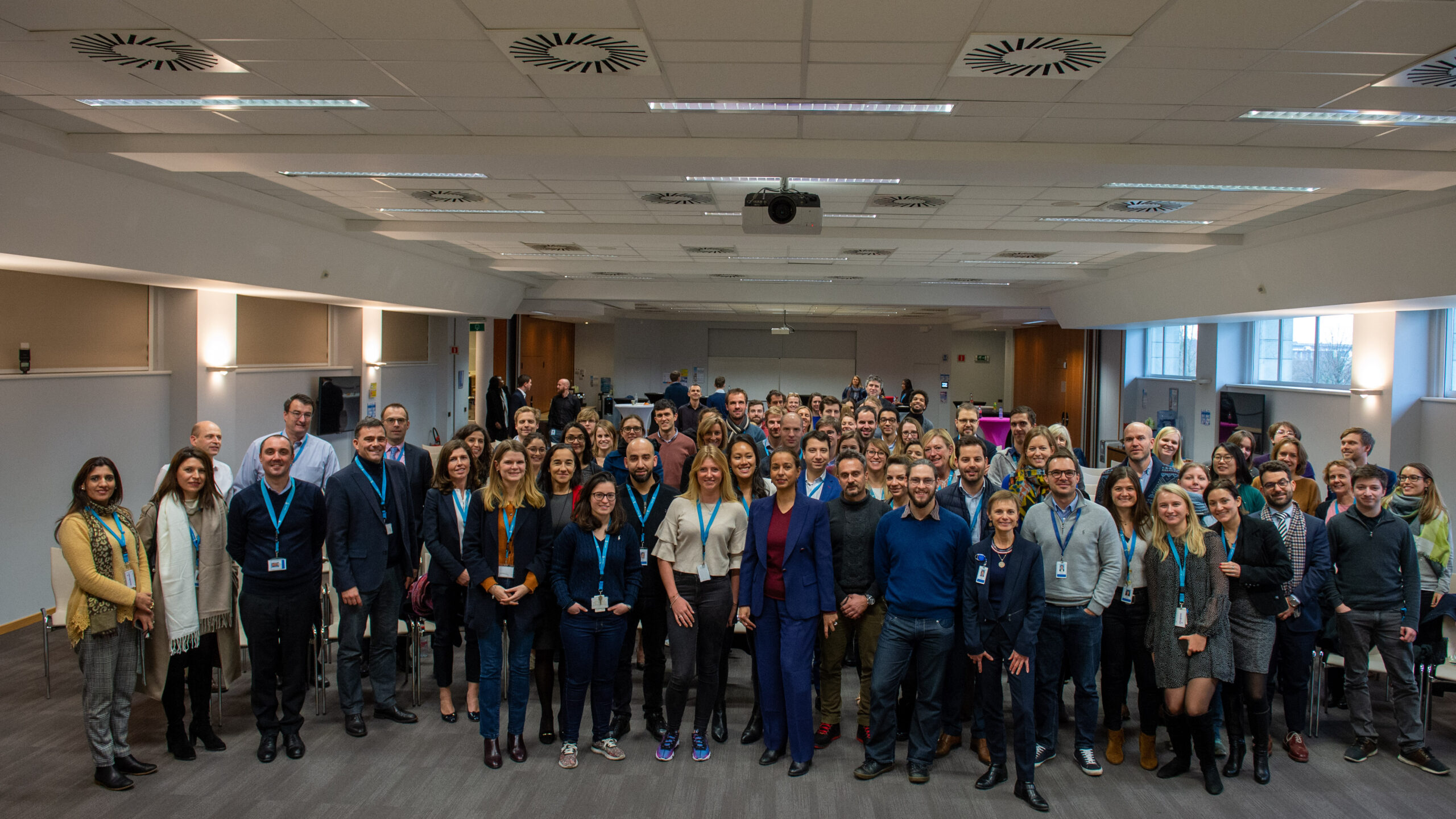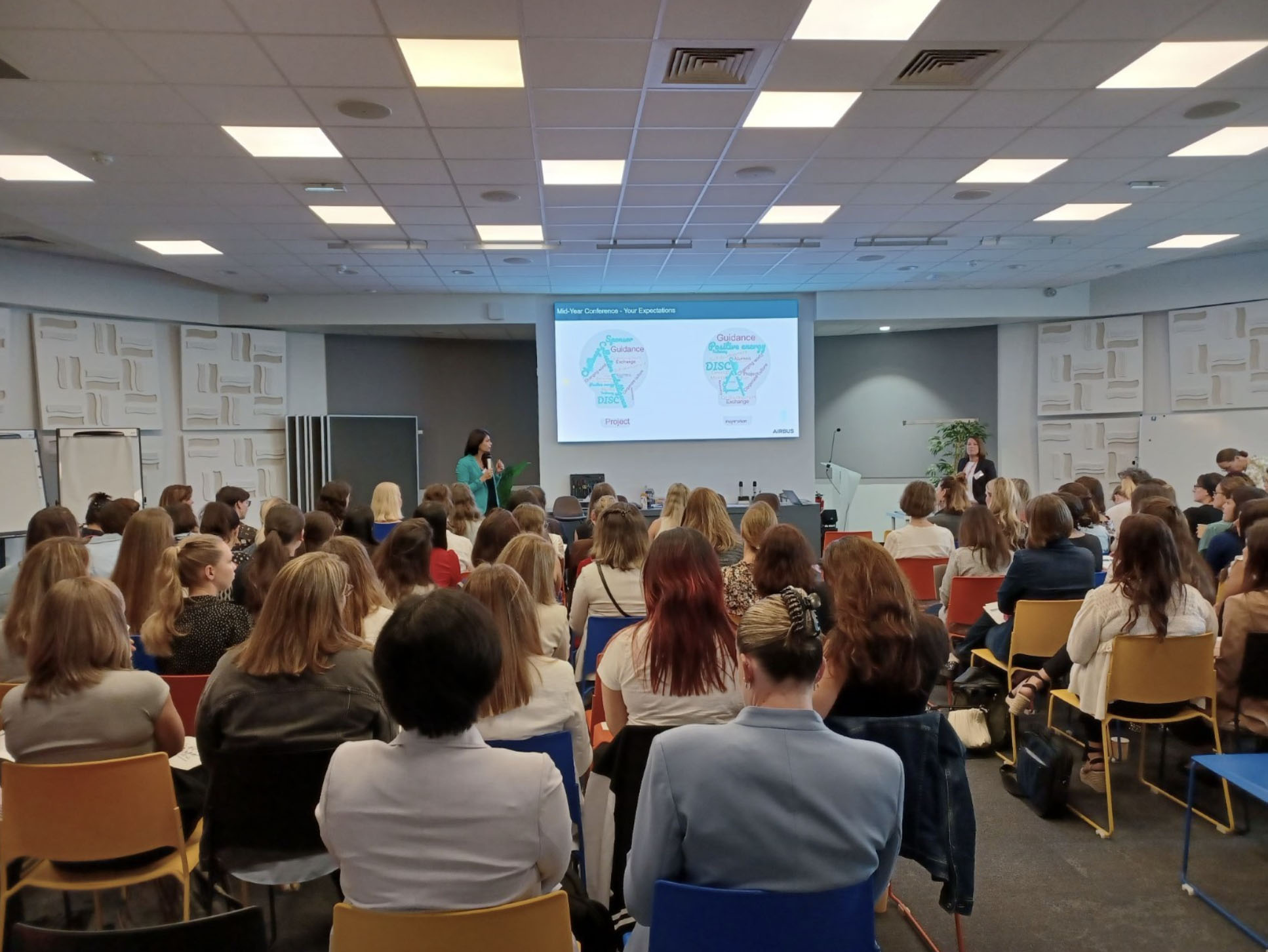

Fostering inclusion by supporting all employees in their roles as parents
Background

At Nestlé, we are driven by our purpose: we unlock the power of food to enhance quality of life for everyone, today and for generations to come.
Guided by our values rooted in respect, we are committed to fostering a supportive environment for our employees and their families and helping to improve their Nutrition, Health and Wellness, especially for new parents and their children. With this purpose, we reviewed our Global Maternity Protection Policy and launched a more inclusive and enhanced Nestlé Global Parental Support Policy in December 2019.
What did you want to achieve?
At Nestlé, we support gender equality and diversity and understand that every family is unique. Recognising the diversity of families, Nestlé wants to support its employees in their roles as parents to make Nestlé an even more inclusive and inspiring place to work. We wanted to make our Global Parental Support policy even more progressive, moving away from traditional gender stereotypes and acknowledging the broad spectrum of family structures not only to foster inclusion, but also to enhance equality.
What did you do?
Recognising that today, more than ever, families are diverse and have diverse expectations of their employer, our new gender-neutral Nestlé Global Parental Policy will apply to all employees worldwide.
It extends parental leave for primary caregivers from 14 to 18 weeks of fully paid leave and offers secondary caregivers a minimum of four weeks. In the policy we also promote employment protection and non-discrimination after the parental leave, health protection in the workplace, provide a conducive work environment to breastfeed and access to flexible work arrangements upon return to work.
What are the results so far?
We have received very positive feedback from our employees as well as our external stakeholders and we will measure its impact on our employees through our next Global Engagement Survey.
What have you learned?
Our main challenge is in managing the complexity of implementing such a policy, given our wide geographic and manufacturing footprint, the diversity of our job profiles and having nearly 300,000 colleagues around the world. Our policy defines clear principles and global minimum standards while allowing for market adaptation based on local context and legislation.
Effective internal and external communication helped to establish strong leadership support, create changes in mindsets and engage employees.
We are dedicated to being a family-friendly employer and are confident that this policy will further enhance our existing commitments to be an equal-opportunity and diverse employer.






